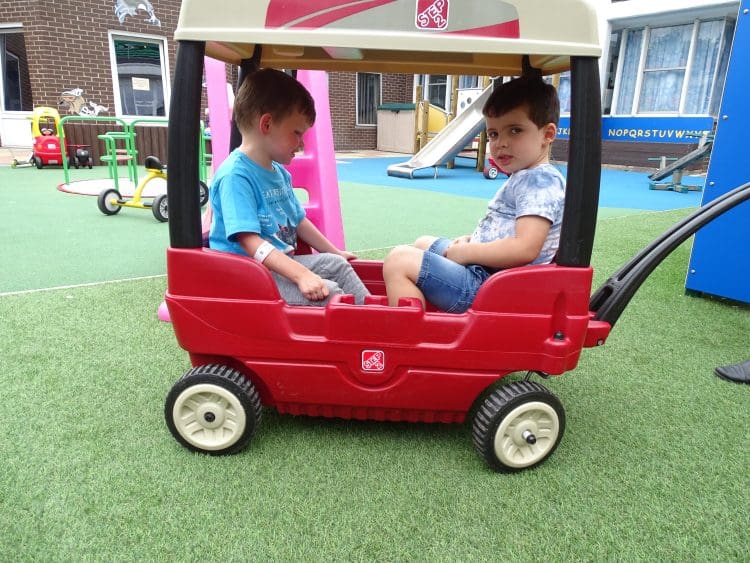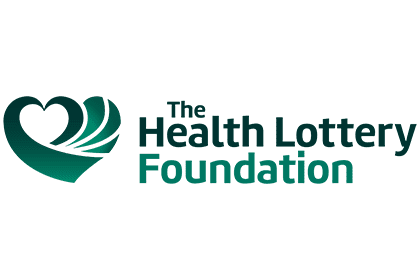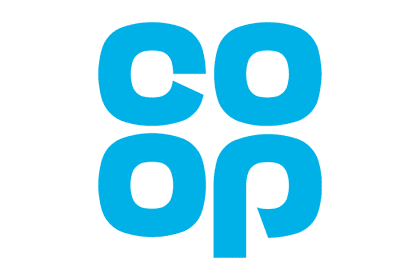A Carescape cardiac monitor will provide safe care for respiratory patients on the children’s unit and those being treated by Child and Adolescent Mental Health Services (CAMHS). Catherine Isherwood, Children’s Unit Manager, explains: “The monitor allows a patient to have continuous cardiac monitoring whilst they are on a medication infusion. We mainly use the monitors on patients who have taken overdoses and have to have an infusion of medication to help protect their liver, or patients on continuous insulin infusions, or patients on life saving asthma medication.
“When the medication infusions are running, it is very important to monitor the child’s heart rhythm and be able to recognise any abnormal readings. We often have lots of children admitted with the above conditions at a similar time and there is only one monitor currently on the ward.”











